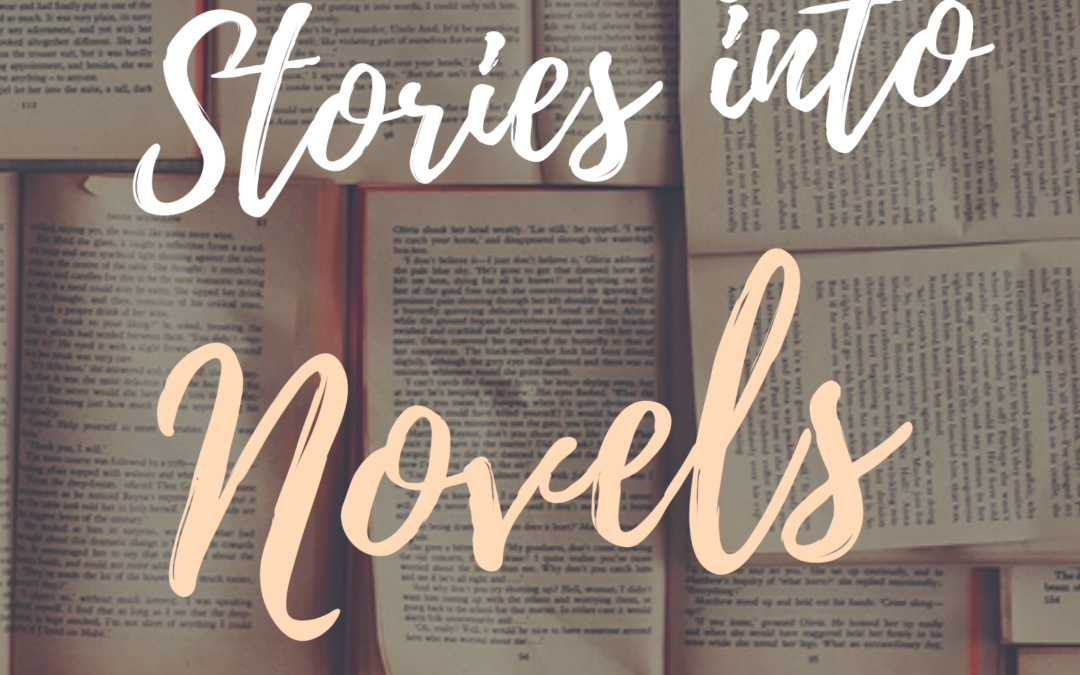All great writers are good storytellers. Not all good storytellers are great writers.
How does a writer go from merely telling stories to writing novels with substance; books that leave the reader with something important to think about? In other words, how can we use fiction to teach as well as to entertain?
My answers to these questions come from within the frame of thriller fiction… but I believe many of the principles I put forward apply to all fiction.
A good thriller novel needs four things: 1) A heart-pounding narrative, 2) Writing that makes readers think the action is happening to them, 3) Relatable characters, and 4) Issues for readers to consider after finishing the book.
For the narrative, it’s critical to make the reader want to turn the pages. Indeed, that’s the very definition of “thriller.” A successful plot should be easy enough to understand, with just enough characters (but not too many). As a novelist, I try to see the story through the eyes of readers. They expect suspense, and the plot must deliver that. Ideally, the reader should be unable to guess the outcome… right up until the end.
Every writer brings his or her own “voice” and style to the keyboard. Finding voice is perhaps the first thing a fiction writer must do, and it may be more difficult than working out the story. Voice is a choice. It can come from the writer’s personality, copied from a favorite author, or developed to fit the story itself. Style is also a choice. Available options include dark, light-hearted (even funny), direct, first-person, metaphorical, flowery… and pithy. There are many more.
A novel can be plot-driven or character-driven. Ideally, it is both. Simply having a clever plot is not sufficient. Characters must be interesting enough to root for, and developed to trigger the empathy of the reader. Some days, I find myself telling a story; other days, my characters end up telling me the story. All human beings wish to belong to something larger than themselves. A good novel creates that opportunity. Readers belong to the story. They ask themselves, “What would I do?”
Above all, the people who populate a novel must be “relatable” in a way that makes readers want to have them over to dinner (or, never have anything to do with them!). Heroes must inspire; villains must repel. But that is not enough. Characters, to be human, should have both good and bad traits, with one winning out over the other.
There is nothing more effective at making readers turn the page than action. There is nothing more effective in making readers think than dialogue. A writer has wide latitude here to invent conversations that enhance the action and explain why the characters are taking those actions. Writing dialogue is at least as much fun as explosions and chase scenes. It is probably more important.
A good novel should teach readers about issues that impact their own lives. It must take them out of their comfort zones, forcing them see the world differently. I believe that all writers can aspire to make readers think. Whether or not a book provides this kind of substance is, in fact, the difference between a story and a novel. Issues that my books present to readers include leadership, loyalty, love, courage, justice, politics, strategy, and (most of all) morality. I wrote The Jungle Rules Trilogy to highlight these issues as much as to entertain readers. It will be up to you – the readers – to determine whether or not I have achieved that goal.
Then tell me.


Paul – really like your essay. I would also say – I DO say- to my friends who are wedded to non-fiction and self-help books that such books speak to the head, great novels speak to the heart. At this point in my life, I would rather have someone speak to my heart than my head. Books like Range, by David Epstein, or Loonshots by Safi Bacall, or Think Agai, by Adam Grant have their place, and I continue to read and learn from them, but I much prefer a great novel.
I just read what I considered a great one -The Weight of Ink, by Rachel Kadish. At the end I was sad. I had so looked forward to spending my afternoon being inspired and challenged by the characters, I knew I would miss them. Anyway loved your essay, and will send it to my “I don’t waste my time reading fiction” friends. Bob
Thanks for these comments, Bob. There is so much to read it’s hard to know where to start! I am the most eclectic reader, now enjoying a wide variety of books. I learn from all of them. I hope you have time to read “A More Perfect Union.” Then tell me if I got Wyoming right. Paul